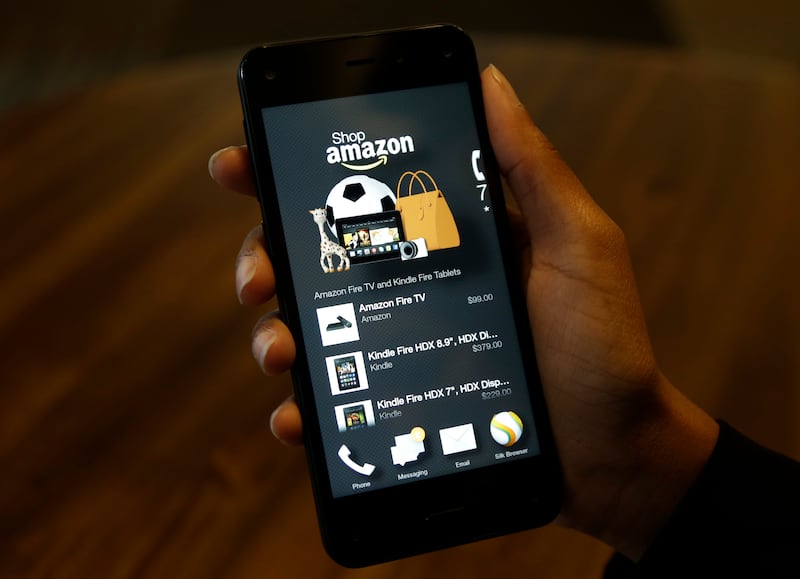Think about the last time you looked at some shoes online. How soon afterward did you see an ad pop up on some other website or app for those exact shoes? I’m guessing pretty quickly. Many apps and websites track your every movement online and use that information to target ads toward you.
Maybe you like it. But if you don’t, Apple has just made it super simple to stop any iPhone app from tracking you.
iOS 14.5 now “requires apps to ask users’ permission when they want to track you across apps and websites owned by other companies,” according to an Apple news release.
So now when you download a new app and open it, you’ll see a notification asking whether you will allow the app to track you. You can choose either “Ask App Not to Track” or “Allow.”
Apple explains in its privacy settings that if you allow tracking, the app can collect information about you as you click around the web and gather personal data like your name, email address or other identifiers. It can then share that information with third parties and use it to target specific ads to you.
To stop ad tracking on apps you have already downloaded and all apps you download in the future, you can flip one switch. Head to Settings > Privacy > Tracking and toggle off “Allow Apps to Request to Track.”
Apple’s tracking policy explains that “When you disable Allow Apps to Request to Track, any app that attempts to ask for your permission will be blocked from asking and automatically (be) informed that you have requested not to be tracked.”
Android users may be wondering when this boost in privacy could be coming their way.
People with knowledge of the matter told Bloomberg that “Google is exploring an alternative to Apple Inc.’s new anti-tracking feature.” The people, who asked not to be identified, added that “internally, the search giant is discussing how it can limit data collection and cross-app tracking on the Android operating system in a way that is less stringent than Apple’s solution.”
Google’s official statement to Bloomberg said, “We’re always looking for ways to work with developers to raise the bar on privacy while enabling a healthy, ad-supported app ecosystem.”
So it looks like it may be a while before similar options to block ad tracking are available for Android users.
Some companies are trying to steer iPhone users away from blocking ad tracking.
Facebook took out full page ads in major national newspapers in December that talked about how many small businesses rely on personalized ads to make ends meet. The ad claimed Apple’s new policy will force many apps to start charging subscription fees or add more in-app purchases, according to The Verge.
But a tweet from Apple CEO Tim Cook countered that “Facebook can continue to track users,” he tweeted, but that iOS 14 “will just require that they ask for your permission first.”
Both Instagram and its parent company Facebook are using pop-up notifications to persuade app users to allow ad tracking. In what Facebook is calling an “educational screen,” the notifications tell users the companies use information about their online activity to help keep Facebook and Instagram free of charge.
Technologist Ashkan Soltani also tweeted the notification from the Weather Network app that said, “The Weather Network helps save lives. Keep this app free and improve the ad experience by allowing tracking.”
So can apps remain free if iPhone users opt out of ad tracking?
Experts say it’s likely. Wired reported that Facebook took in $26 billion of revenue in the first three months of 2021 and is doing just fine financially. Wired also talked with Nicole Perrin from eMarketer who said the new policy may hurt Facebook’s ad revenues a little bit, but that “the company is expected to increase its ad revenue overall despite App Tracking Transparency.”
Whether you decide to block ad tracking or not, know that you will continue to see ads, they just may not be as relevant to you. You may still see an ad for shoes, but it’s unlikely to be for that exact pair of shoes you left sitting in your online shopping cart an hour ago.


